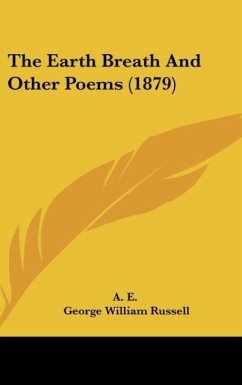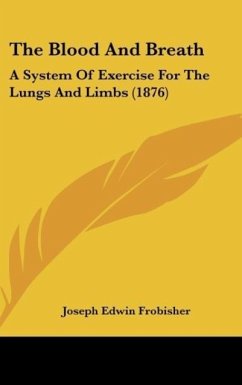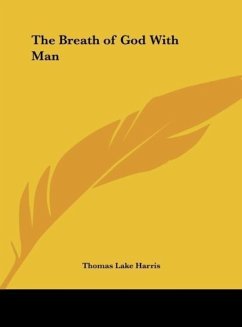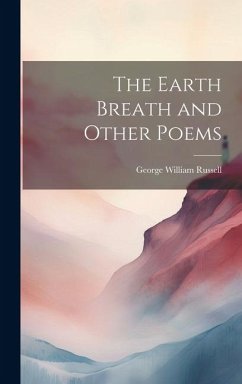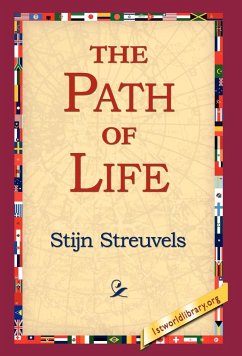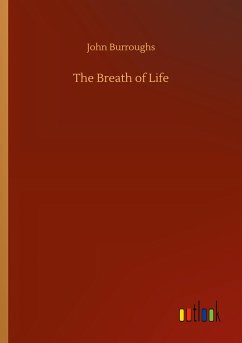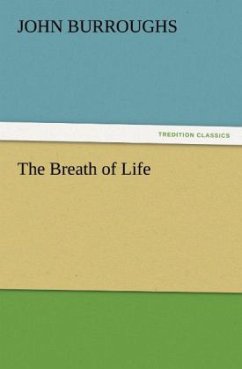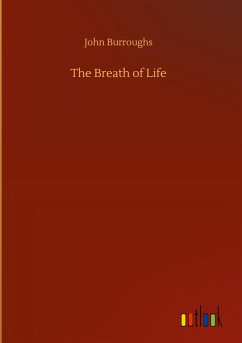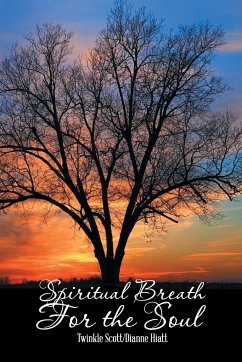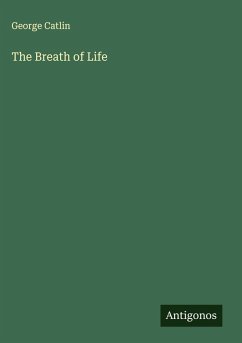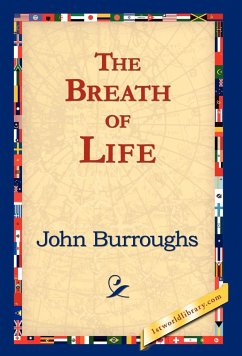
John Burroughs
Gebundenes Buch
The Breath of Life
Versandkostenfrei!
Versandfertig in über 4 Wochen

PAYBACK Punkte
13 °P sammeln!




Anne, you will never learn to do a side vault that way. Let me show you, exclaimed Grace Harlowe. When for the third or fourth time during the spring or summer I take my hoe and go out and cut off the heads of the lusty burdocks that send out their b
John Burroughs (April 3, 1837 - March 29, 1921) was an American naturalist and nature essayist, active in the U.S. conservation movement.[1] The first of his essay collections was Wake-Robin in 1871. In the words of his biographer Edward Renehan, Burroughs' special identity was less that of a scientific naturalist than that of "a literary naturalist with a duty to record his own unique perceptions of the natural world." The result was a body of work whose resonance with the tone of its cultural moment explains both its popularity at that time, and its relative obscurity since Burroughs had his first break as a writer in the summer of 1860 when the Atlantic Monthly, then a fairly new publication, accepted his essay Expression. Editor James Russell Lowell found the essay so similar to Emerson's work that he initially thought Burroughs had plagiarized his longtime acquaintance. Poole's Index and Hill's Rhetoric, both periodical indexes, even credited Emerson as the author of the essay.[7] In 1864, Burroughs accepted a position as a clerk at the Treasury; he would eventually become a federal bank examiner, continuing in that profession into the 1880s. All the while, he continued to publish essays, and grew interested in the poetry of Walt Whitman. Burroughs met Whitman in Washington, DC in November 1863, and the two became close friends.[8] Whitman encouraged Burroughs to develop his nature writing as well as his philosophical and literary essays. In 1867, Burroughs published Notes on Walt Whitman as Poet and Person, the first biography and critical work on the poet, which was extensively (and anonymously) revised and edited by Whitman himself before publication.[9] Four years later, the Boston house of Hurd & Houghton published Burroughs's first collection of nature essays, Wake-Robin.
Produktdetails
- Verlag: 1st World Library - Literary Society
- Seitenzahl: 236
- Erscheinungstermin: November 2006
- Englisch
- Abmessung: 222mm x 145mm x 18mm
- Gewicht: 482g
- ISBN-13: 9781421823331
- ISBN-10: 1421823330
- Artikelnr.: 22538519
Herstellerkennzeichnung
Libri GmbH
Europaallee 1
36244 Bad Hersfeld
gpsr@libri.de
Für dieses Produkt wurde noch keine Bewertung abgegeben. Wir würden uns sehr freuen, wenn du die erste Bewertung schreibst!
Eine Bewertung schreiben
Eine Bewertung schreiben
Andere Kunden interessierten sich für


